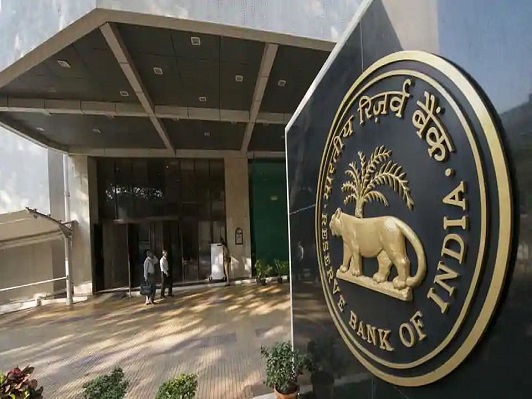The Reserve Bank of India (RBI) has proposed modifications in the existing regulations pertaining to the housing finance companies, as the apex bank is now the regulator of these financial entities.
In August last year, the central bank took over the regulations of the housing finance companies (HFC) from the National Housing Bank (NHB). So far, HFCs were under the regulatory rules set by NHB.
 However, those regulations, as per RBI, had no formal definition of ‘housing finance’. In a draft released on its banking regulator’s website, RBI has set a formal definition of the same. Housing finance would now be defined as “financing, for purchase/ construction/ reconstruction/ renovation/ repairs of residential dwelling unit …” for a whole host of functions that would include giving loans to corporates and government agencies for employee housing finance projects.
However, those regulations, as per RBI, had no formal definition of ‘housing finance’. In a draft released on its banking regulator’s website, RBI has set a formal definition of the same. Housing finance would now be defined as “financing, for purchase/ construction/ reconstruction/ renovation/ repairs of residential dwelling unit …” for a whole host of functions that would include giving loans to corporates and government agencies for employee housing finance projects.
“All other loans including those given for furnishing dwelling units, loans given against mortgage of property for any purpose other than buying/ construction of a new dwelling unit/s or renovation of the existing dwelling unit/s, will be treated as non housing loans,” said the RBI draft.
In its draft guidelines, the RBI also categorised HFCs as systemically significant and non-systemically important. “Non-deposit taking HFCs with asset size of Rs 500 crore and above; and all deposit taking HFCs, irrespective of asset size, will be treated as systemically important HFCs.
Also Read: Risks for the BFSI Sector in India
HFCs with asset size below Rs 500 crore will be treated as non-systemically important HFCs,” the RBI draft guidelines stated.
As per the draft, for non-systemically important HFCs, the guidelines will by far modelled after normal NBFCs. Therefore, the central bank’s guidelines on Liquidity Risk framework and liquidity coverage ratio, securitisation, etc., for NBFCs, will now be made applicable to HFCs. Such harmonisation will be done in two years, and till such time the HFCs will be following the extant NHB norms, the RBI said.
While categorisingg HFCs as another form of NBFCs, the RBI draft proposed to form a slightly different set of rules for the HFCs.
Also Read: RBI pushes usage of digital modes for banking transactions
RBI said that Qualifying Assets refer to ‘housing finance’ or ‘providing finance for housing’ as per the definition, and not be lower than 50 percent of net assets should be in the nature of ‘qualifying assets’ for HFCs, of which at least 75 percent should be towards housing loans in individual category.
If an HFC fail to fulfil the criterion, will be treated as NBFC – Investment and Credit Companies (NBFC-ICCs) and will have to approach RBI for conversion of their certificate of registration from HFCs to NBFC-ICC, the RBI said.
However, such HFCs will be given a time limit of up to four years to adhere with the new RBI guidelines.
Elets The Banking and Finance Post Magazine has carved out a niche for itself in the crowded market with exclusive & unique content. Get in-depth insights on trend-setting innovations & transformation in the BFSI sector. Best offers for Print + Digital issues! Subscribe here➔ www.eletsonline.com/subscription/



















